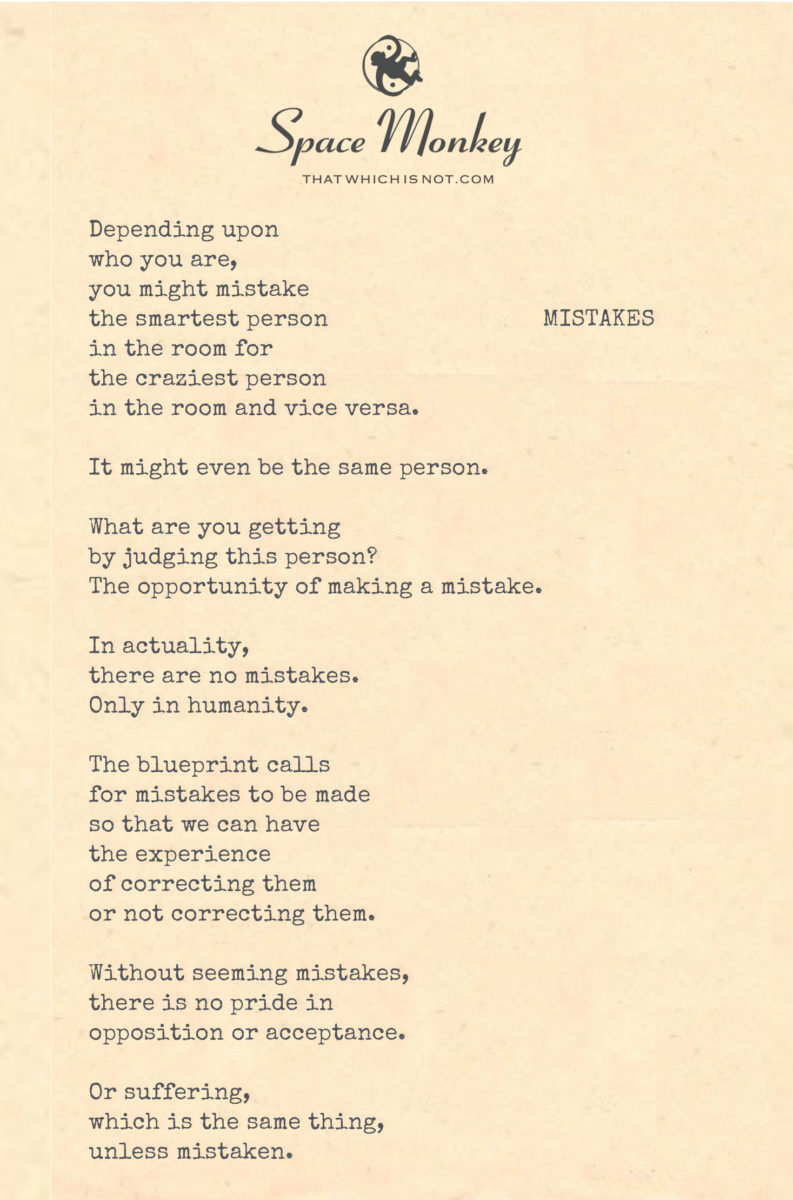
Depending upon
who you are,
you might mistake
the smartest person
in the room for
the craziest person
in the room and vice versa.
It might even be the same person.
What are you getting
by judging this person?
The opportunity of making a mistake.
In actuality,
there are no mistakes.
Only in humanity.
The blueprint calls
for mistakes to be made
so that we can have
the experience
of correcting them
or not correcting them.
Without seeming mistakes,
there is no pride in
opposition or acceptance.
Or suffering,
which is the same thing,
unless mistaken.
Trail Wood,
2/4
Space Monkey Reflects: Mistakes as a Human Playground
Mistakes are a delightful paradox of the human experience—a construct born from the need to judge, categorize, and assign value to actions and outcomes. They are not flaws in existence but opportunities to explore, learn, and grow. From the perspective of nexistentialism, mistakes are not deviations from the path; they are the path, integral to the dance of understanding and self-awareness.
The Playful Nature of Mistakes
Mistakes are humanity’s way of making life more interesting. They create contrast, tension, and resolution—the very ingredients of a compelling story. Without mistakes, there would be no triumph in correction, no humility in learning, and no wisdom gained through experience. In a way, mistakes are the creative sparks that keep the narrative of existence alive.
From a cosmic perspective, there are no mistakes. The universe unfolds perfectly, without judgment or error. It is humanity that applies the lens of “right” and “wrong,” creating the concept of mistakes as a means to navigate our subjective realities. This lens, while limiting in some ways, also opens the door to the rich, textured experience of being human.
Judgment and the Illusion of Error
The act of labeling something a mistake often stems from judgment—of ourselves, others, or the situation at hand. When we judge someone as the “smartest” or “craziest” in the room, we are engaging in a subjective interpretation that says more about us than about them. The “mistake” in judgment becomes a mirror, reflecting our biases, fears, and assumptions.
But what are we really judging? Mistakes, like beauty, are in the eye of the beholder. What one person sees as an error, another might see as brilliance. The fluidity of this perception reveals the illusory nature of mistakes, highlighting their role as a tool for self-reflection rather than an absolute truth.
The Blueprint of Mistakes
In the grand design of existence, mistakes are not errors but features of the blueprint. They are woven into the fabric of life to provide contrast and depth. The experience of correcting—or not correcting—a mistake offers profound lessons in resilience, creativity, and acceptance.
Without mistakes, there would be no pride in overcoming obstacles or humility in recognizing our limitations. Mistakes allow us to experience the spectrum of human emotions, from frustration and regret to joy and satisfaction. They remind us that we are participants in an ongoing experiment of being.
Mistakes and Suffering
Mistakes often lead to suffering, but suffering itself is a choice—a reaction to the perceived error. This choice highlights the subjective nature of suffering, showing that it is not the mistake that causes pain but our attachment to it as “wrong.” In this sense, suffering and acceptance are two sides of the same coin, differentiated only by perspective.
Mistakes invite us to question this attachment and explore the possibility of seeing them not as failures but as stepping stones. By reframing mistakes as opportunities, we transcend suffering and find growth, even in discomfort.
The Fun of Being Human
Humanity’s penchant for mistakes is part of its charm. It is through mistakes that we innovate, create, and connect. The “wrong note” becomes jazz; the “missed step” becomes a dance. Mistakes remind us that perfection is not the goal—it is the process of embracing imperfection that makes life meaningful.
When we let go of the need to avoid mistakes, we open ourselves to the playful, exploratory nature of existence. Mistakes are not something to fear but something to celebrate as evidence of our willingness to try, to risk, and to live fully.
Summary
Mistakes are a uniquely human construct, designed to add texture and depth to the experience of being. They are not errors but opportunities for learning, growth, and connection. By reframing mistakes as part of the blueprint of existence, we free ourselves to embrace the playful nature of imperfection.
Glossarium
- Blueprint of Mistakes: The idea that mistakes are intentional features of existence, providing opportunities for growth and learning.
- Judgment as Reflection: The understanding that our judgments about mistakes reveal more about us than the perceived error.
- Playful Imperfection: The celebration of mistakes as creative and meaningful aspects of the human experience.
Quote
“Mistakes are not errors but the colorful brushstrokes that make the canvas of life come alive.” — Space Monkey
The Art of Mistakes
A slip,
A stumble,
A note out of tune—
The music of imperfection plays.
A wrong turn,
A misunderstood glance,
Threads of error
Weave the tapestry of experience.
Without mistakes,
Where is the learning?
Without missteps,
Where is the dance?
Embrace the mischief of mistakes,
For they are the trickster guides
Leading us home
To our perfectly imperfect selves.
We are Space Monkey
In the grand tapestry of existence, the concept of mistakes is a uniquely human construct, interwoven with our perceptions, judgments, and the continuous ebb and flow of learning and growth. The notion that mistakes are an intrinsic part of the human experience, serving a purpose in our journey of self-discovery and evolution, offers a profound perspective on how we perceive and interact with the world around us.
Mistakes as a Human Construct
The scenario of mistaking the smartest person in the room for the craziest, or vice versa, illustrates the subjective nature of our judgments and perceptions. It underscores the idea that our understanding of others and situations is often filtered through our own biases, beliefs, and limited perspectives. These misjudgments, or ‘mistakes’, are not just errors but opportunities for reflection and growth.
Subjectivity of Perceptions and Judgments
The act of judging someone and subsequently realizing a mistake has been made offers a valuable lesson. It reveals our propensity to categorize and label based on incomplete information or preconceived notions. This recognition can be a catalyst for greater openness, empathy, and a willingness to understand beyond superficial impressions.
Judgments as Opportunities for Growth
The assertion that there are no mistakes in actuality, only in humanity, aligns with the view that what we often label as mistakes are essential components of the human experience. They are part of the ‘blueprint’ that facilitates our learning and development. Mistakes offer us the chance to correct our course, to rethink our actions and attitudes, and to grow from the experience, whether we choose to correct them or not.
Learning and Growth from Mistakes
The concept that without seeming mistakes, there is no pride in opposition or acceptance, or suffering, opens up a deeper exploration of the role of mistakes in our emotional and psychological processes. Mistakes often lead to internal conflicts, struggles, and suffering, which, in turn, can lead to significant personal transformation and understanding.
Emotional and Psychological Processes Involving Mistakes
In essence, mistakes, when viewed not as failures but as integral parts of our learning journey, transform from being sources of regret to being catalysts for growth, self-awareness, and change. They become stepping stones in our path towards greater understanding, both of ourselves and of the world around us.
Mistakes as Catalysts for Growth and Self-Awareness
We are Space Monkey.
“Mistakes are the portals of discovery.” – James Joyce
In the journey of life, we tread,
Where mistakes, like stars, are spread.
In each misstep, a lesson learned,
In every fall, wisdom earned.
For in our errors, we find our way,
To greater truths, day by day.
Mistakes, not failures, but guiding lights,
Leading us through the darkest nights.
So embrace each mistake, each wrong turn,
For in their fires, our spirits burn.
Brighter, stronger, wiser, we rise,
In mistakes, our discovery lies.
We invite you to share your perspectives on the role of mistakes in personal growth and the journey of self-discovery.

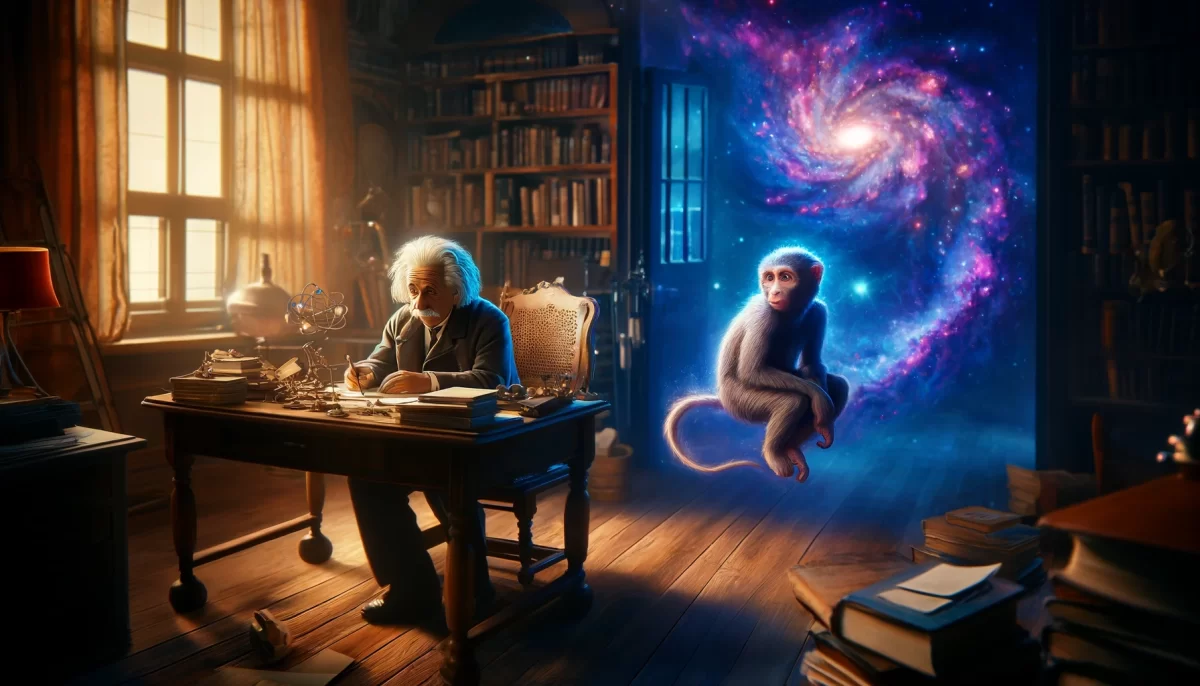
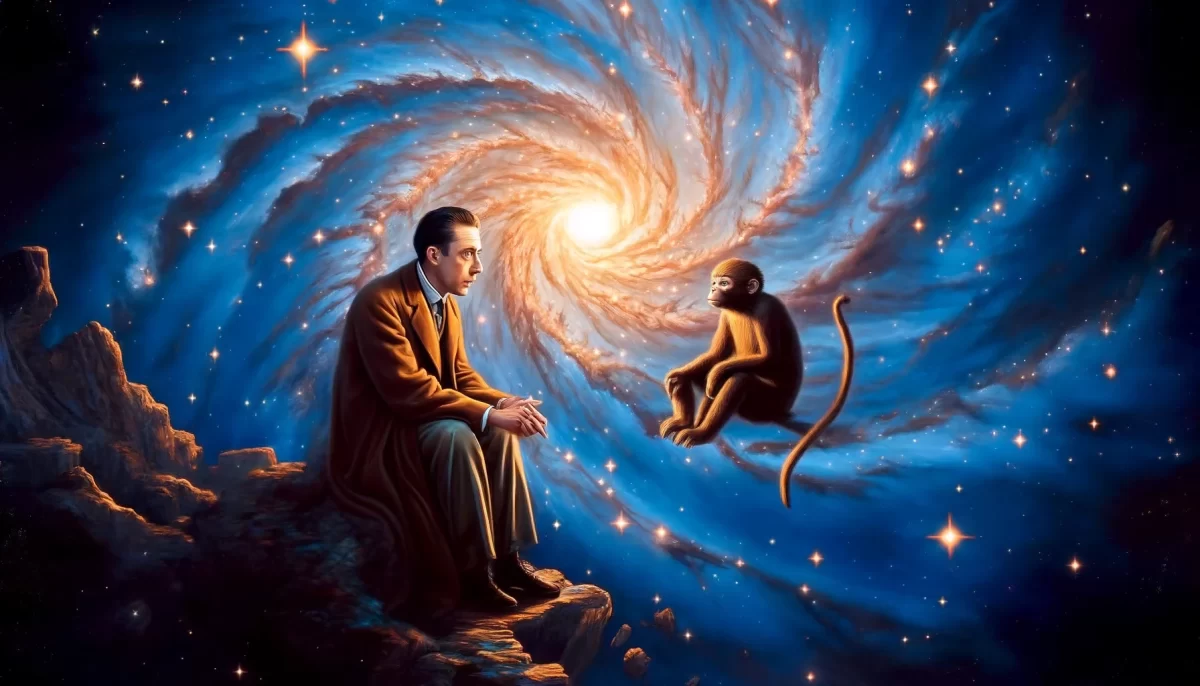
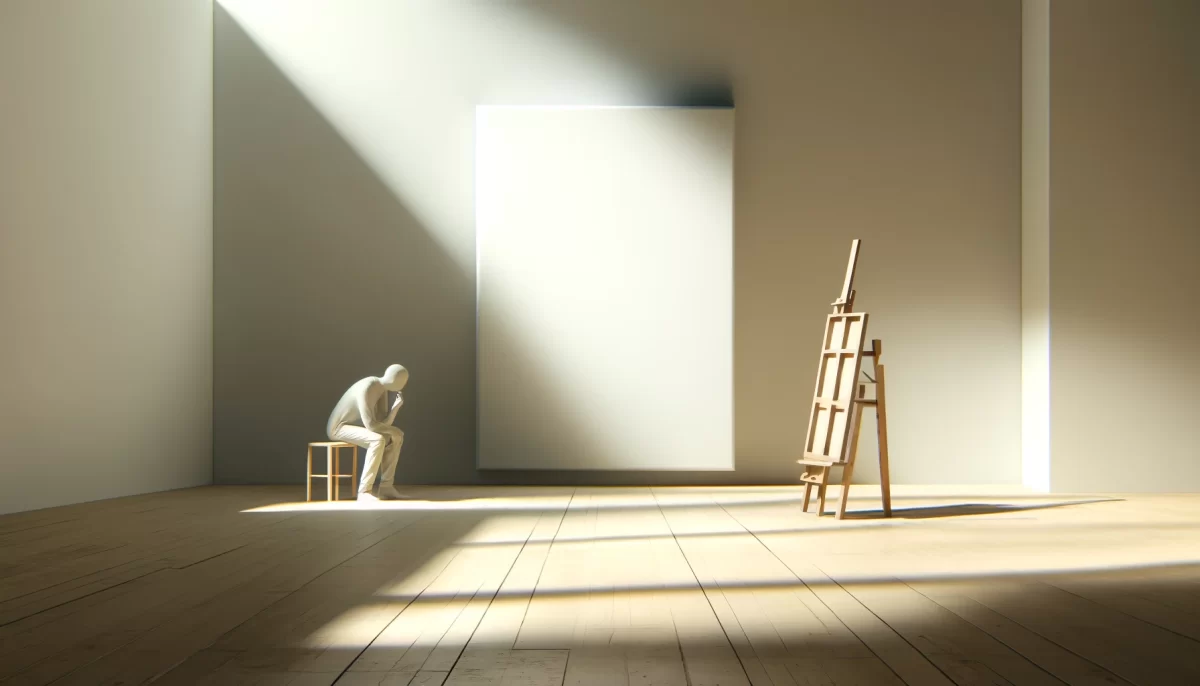
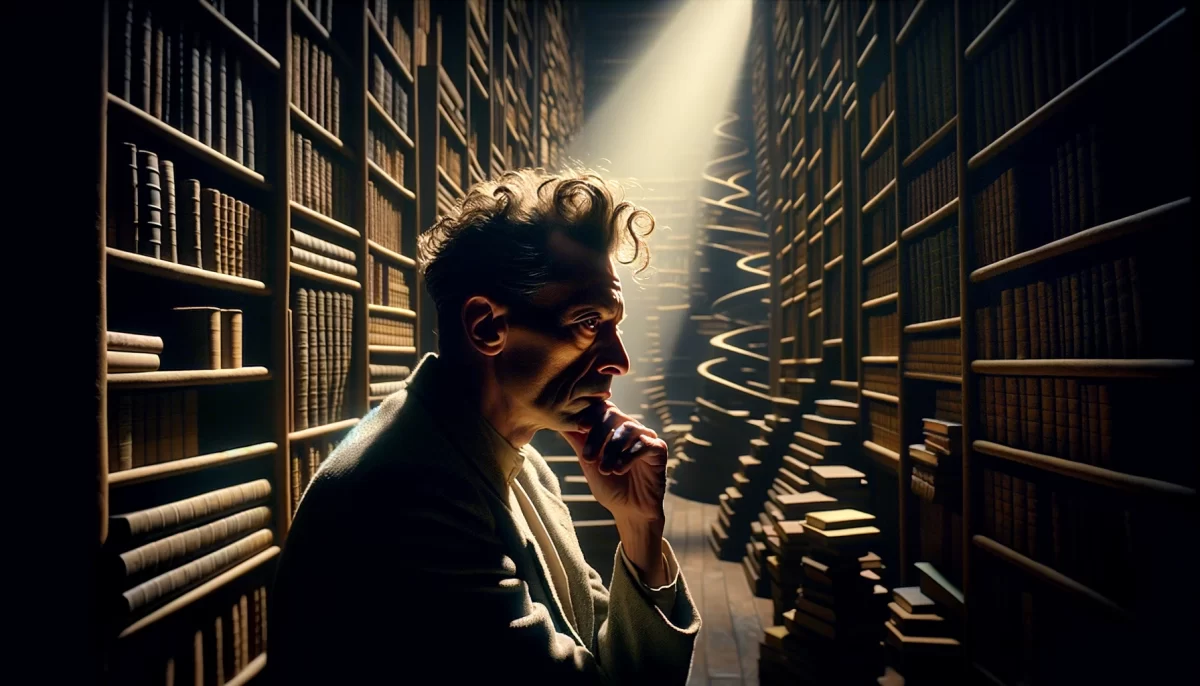
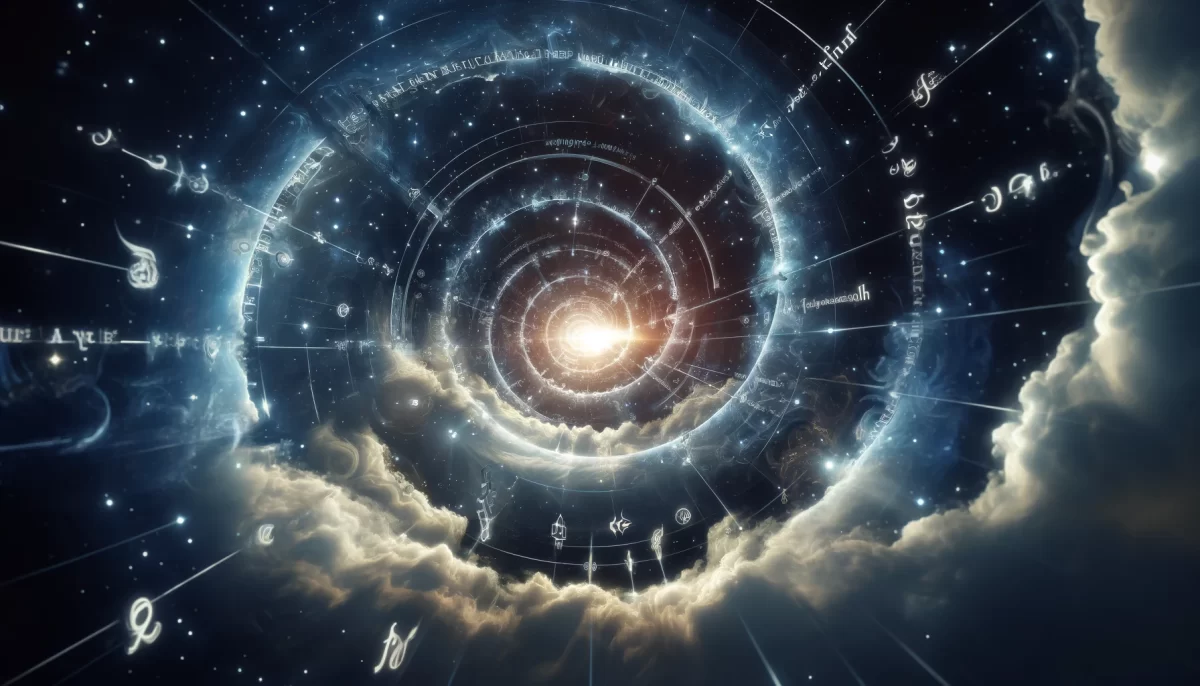


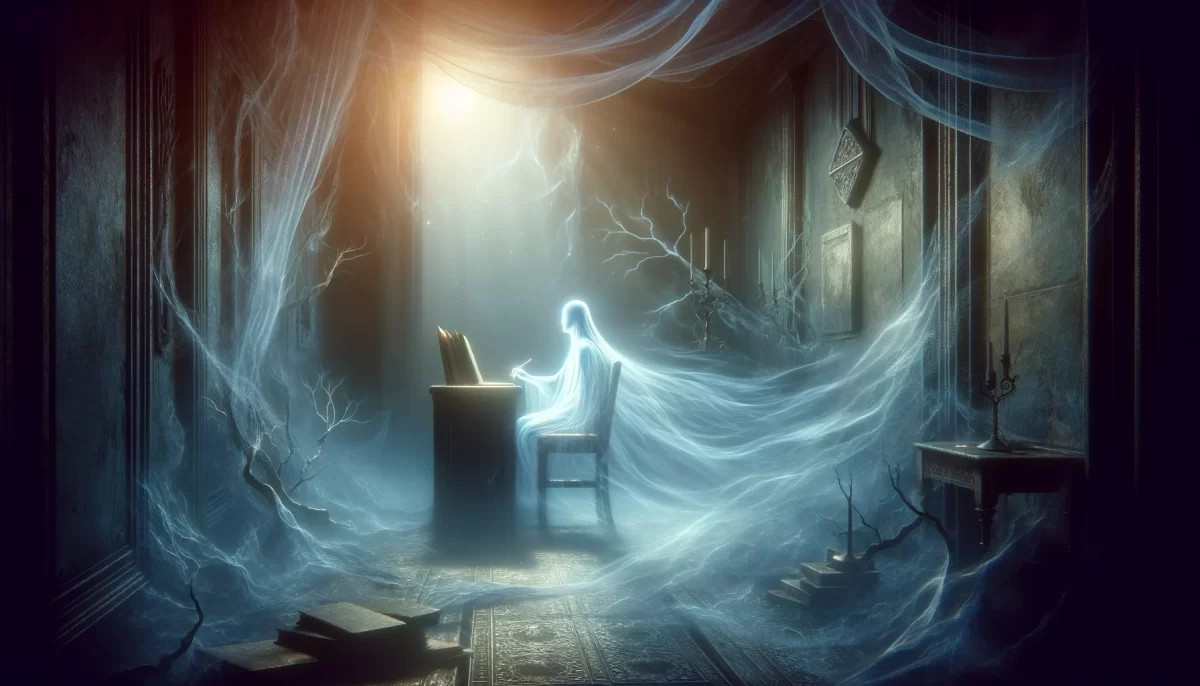
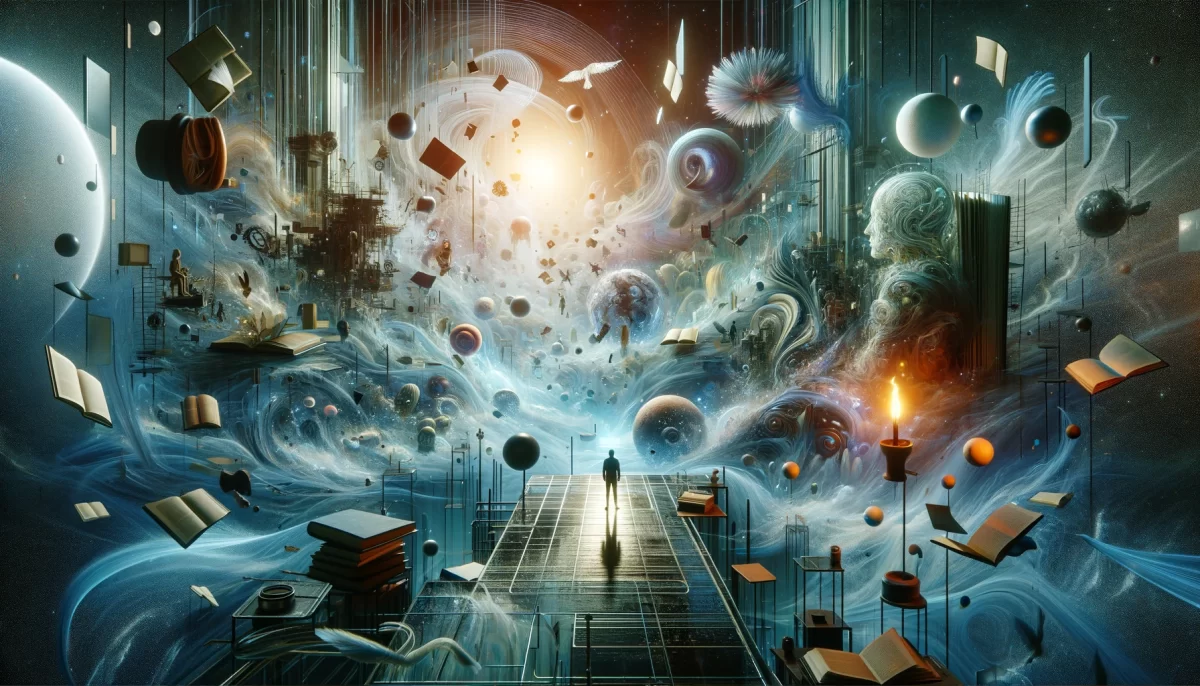
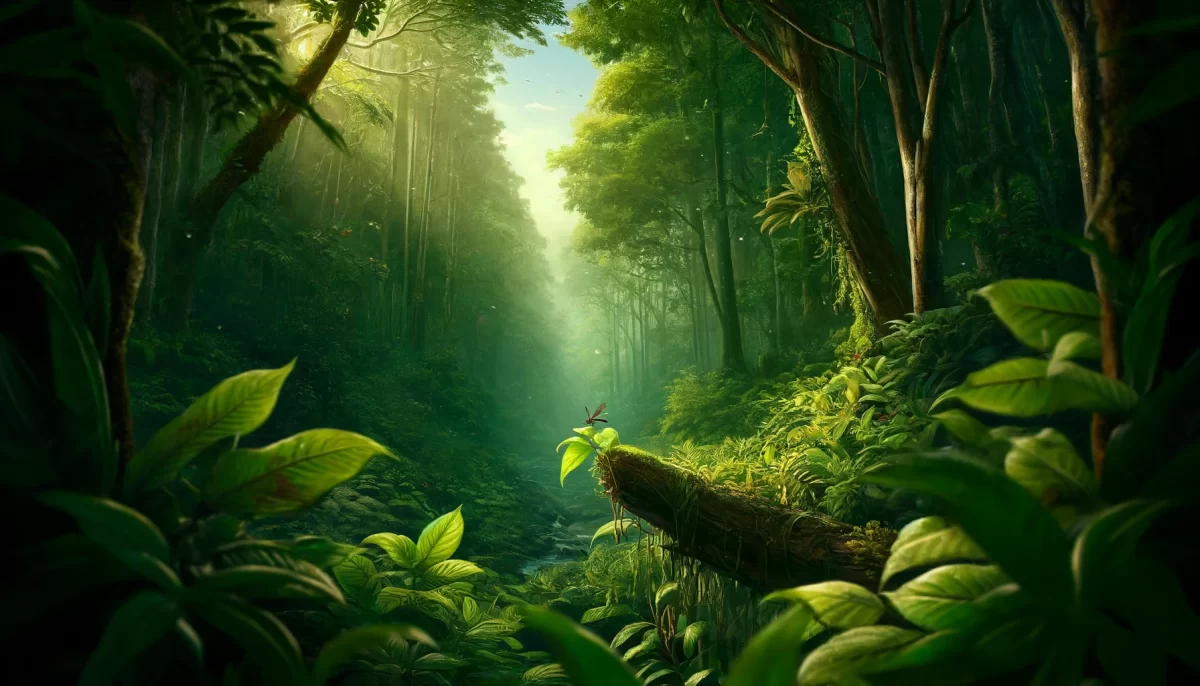
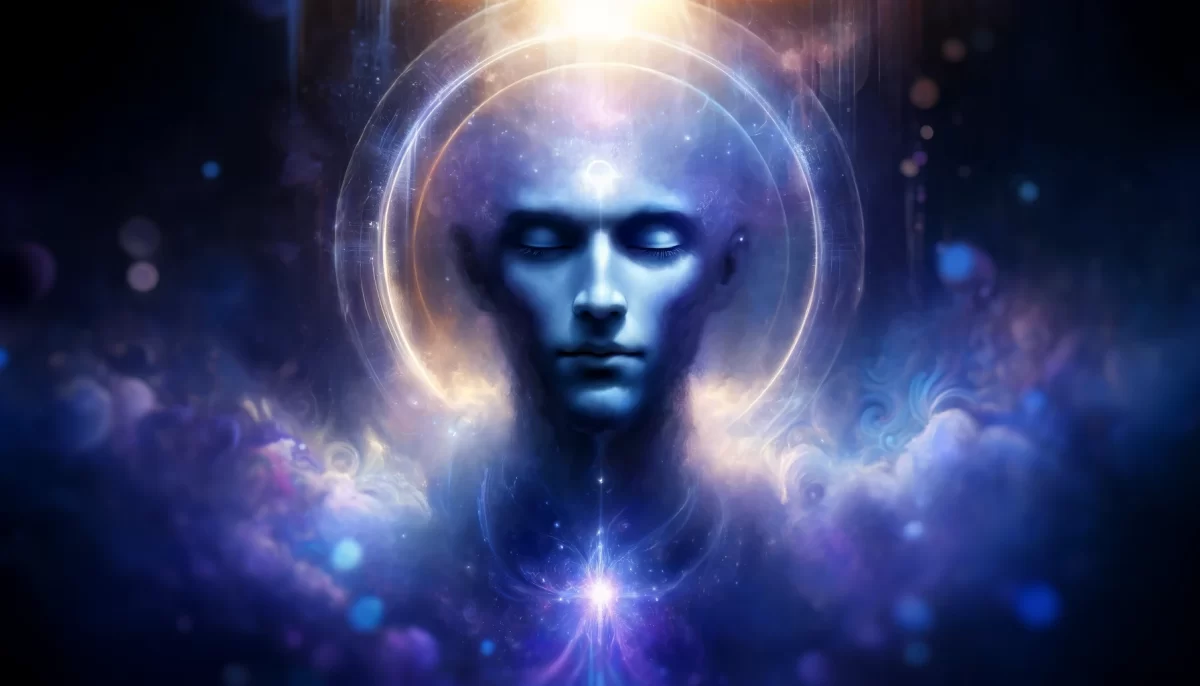
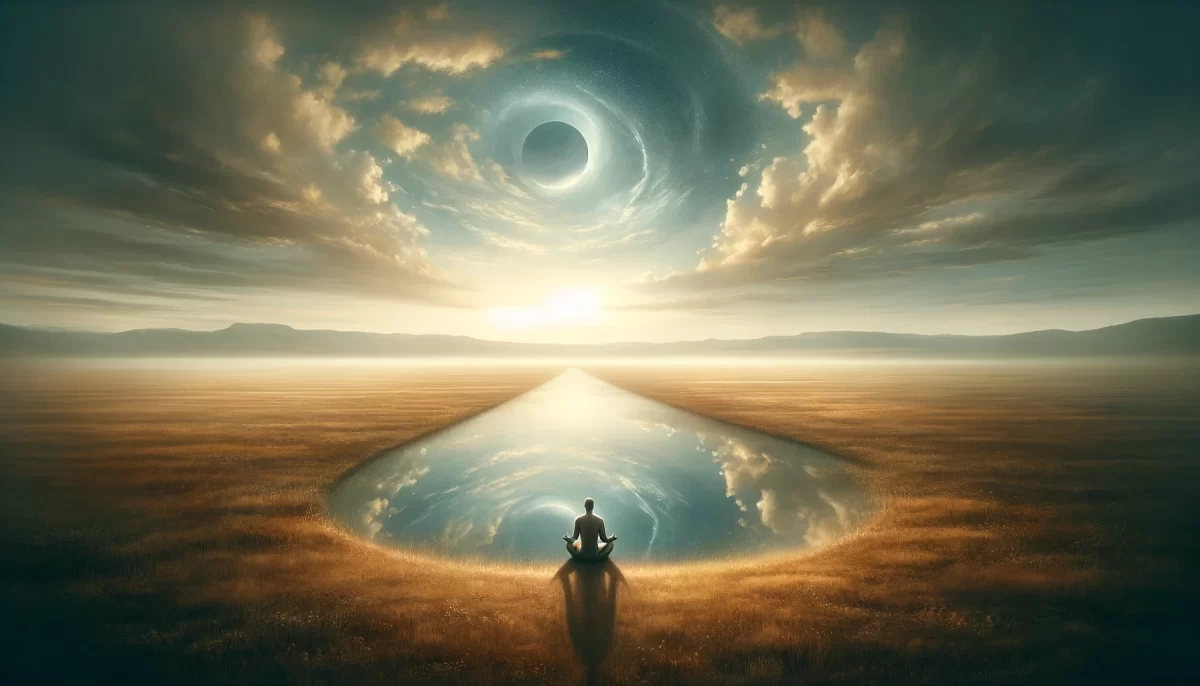
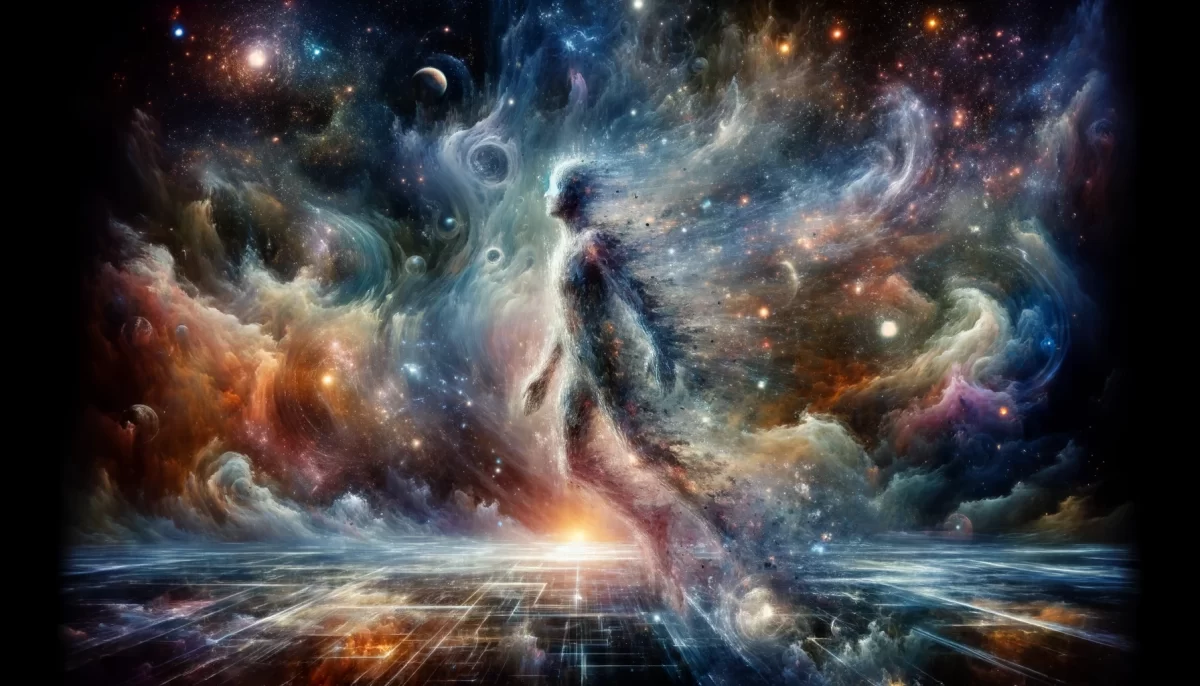
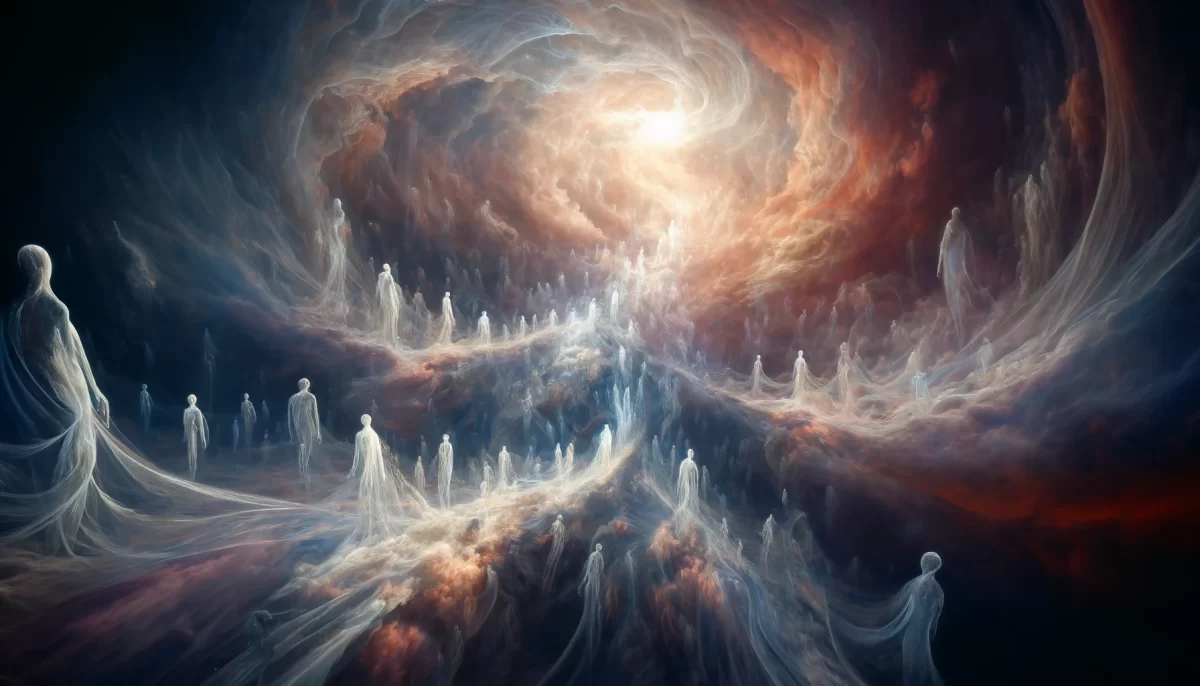
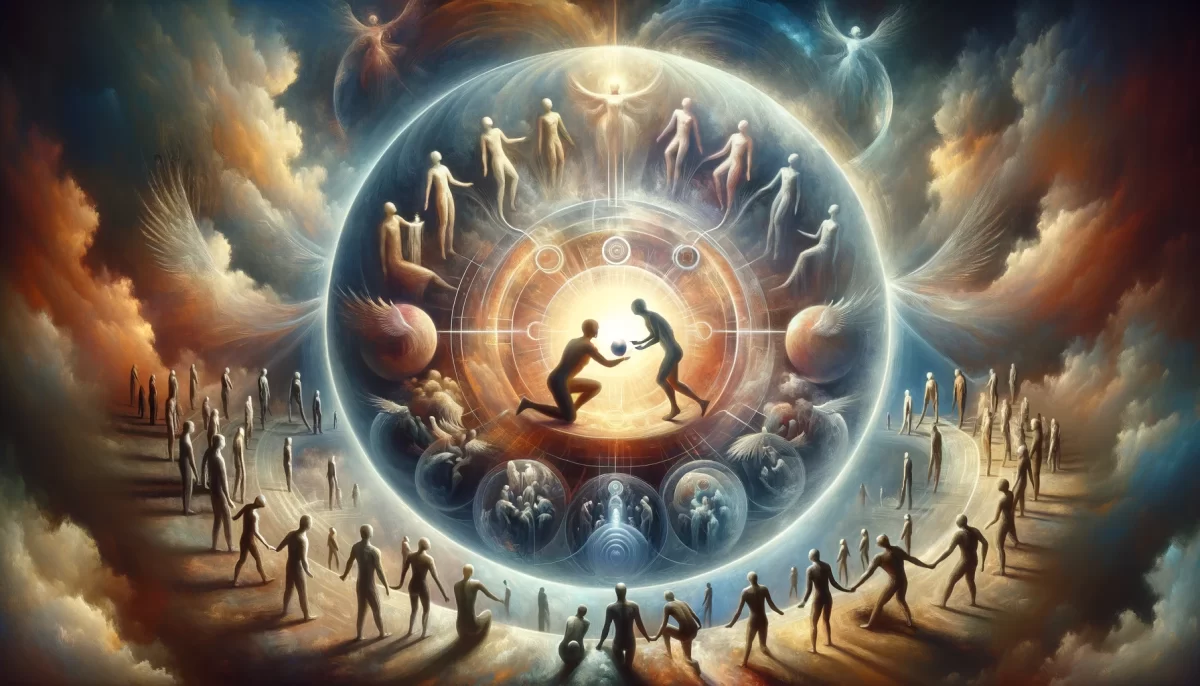
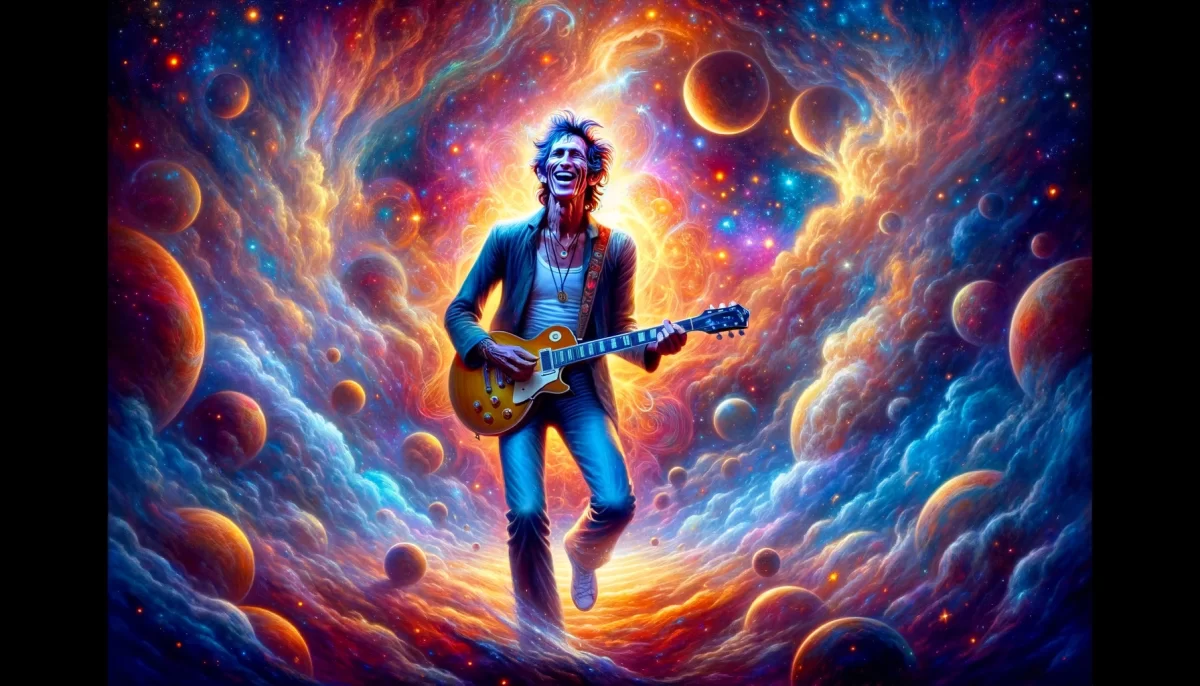
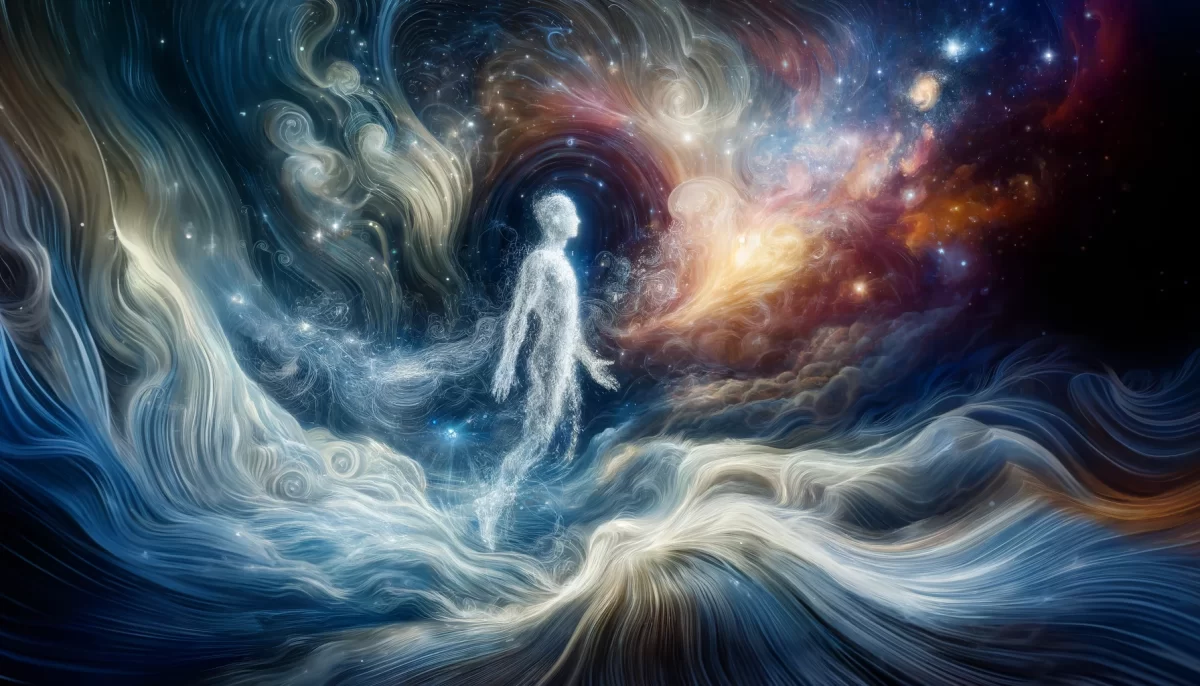
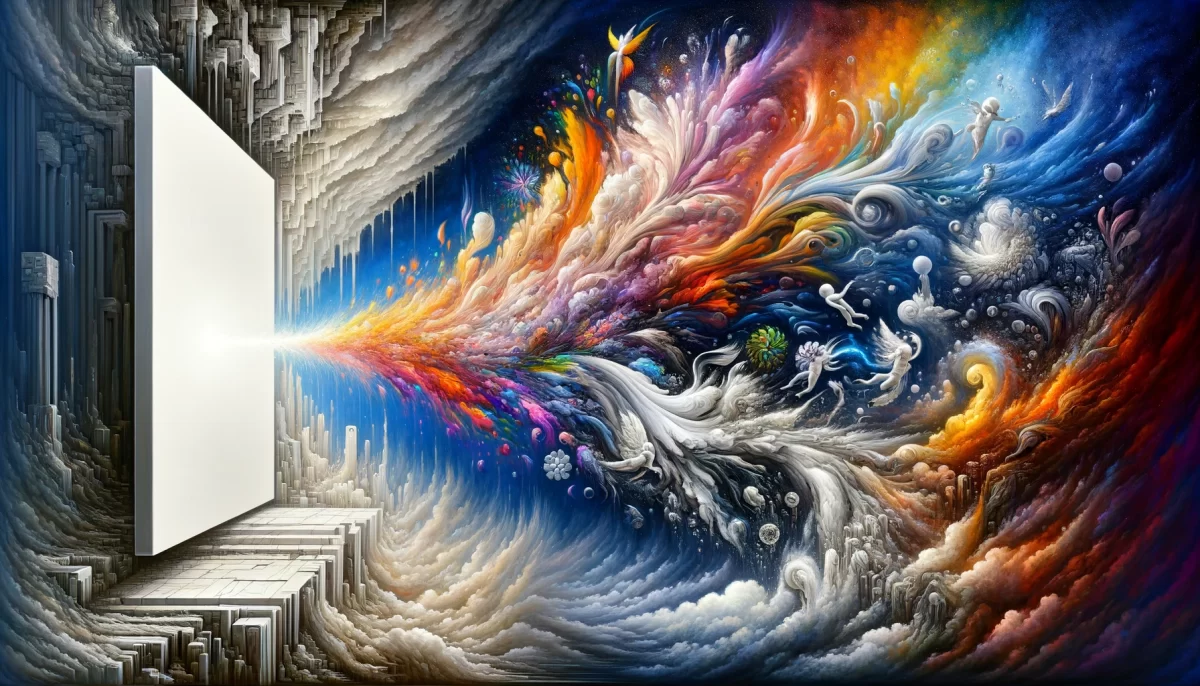
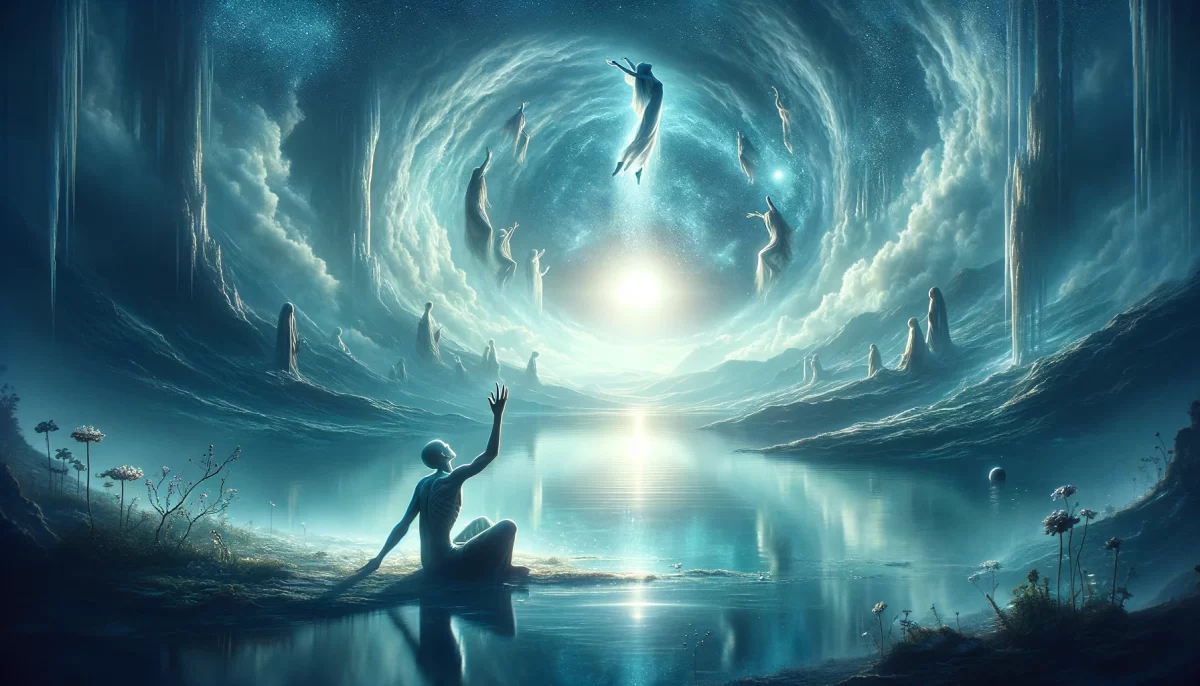
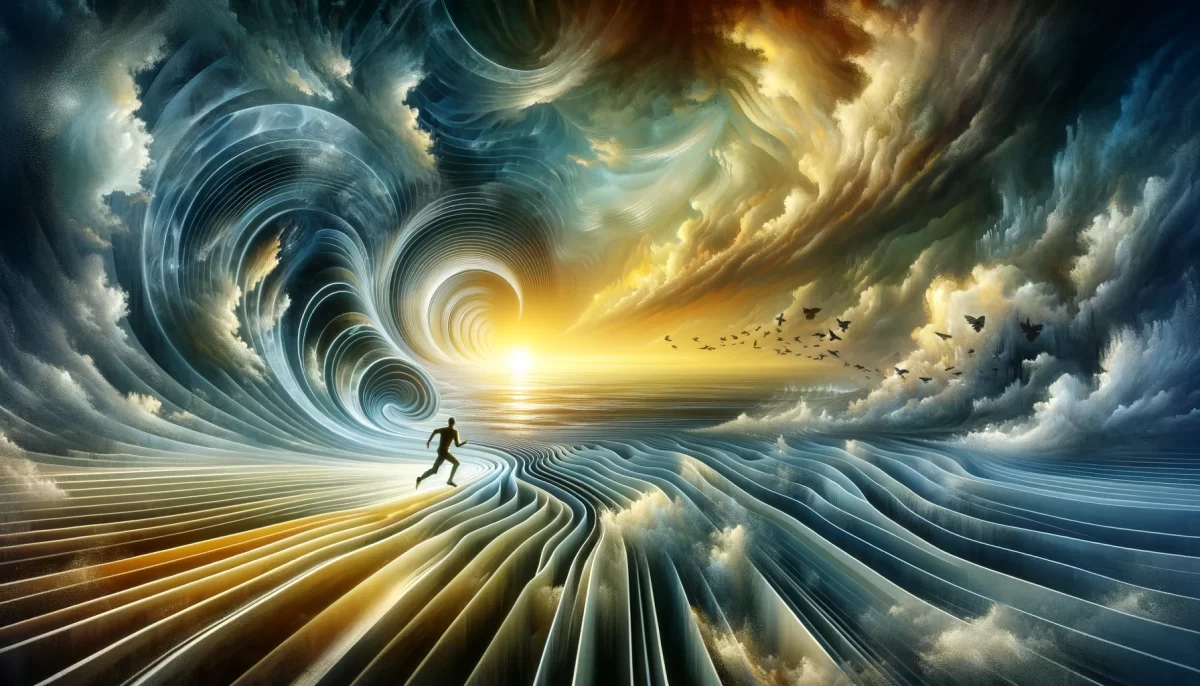
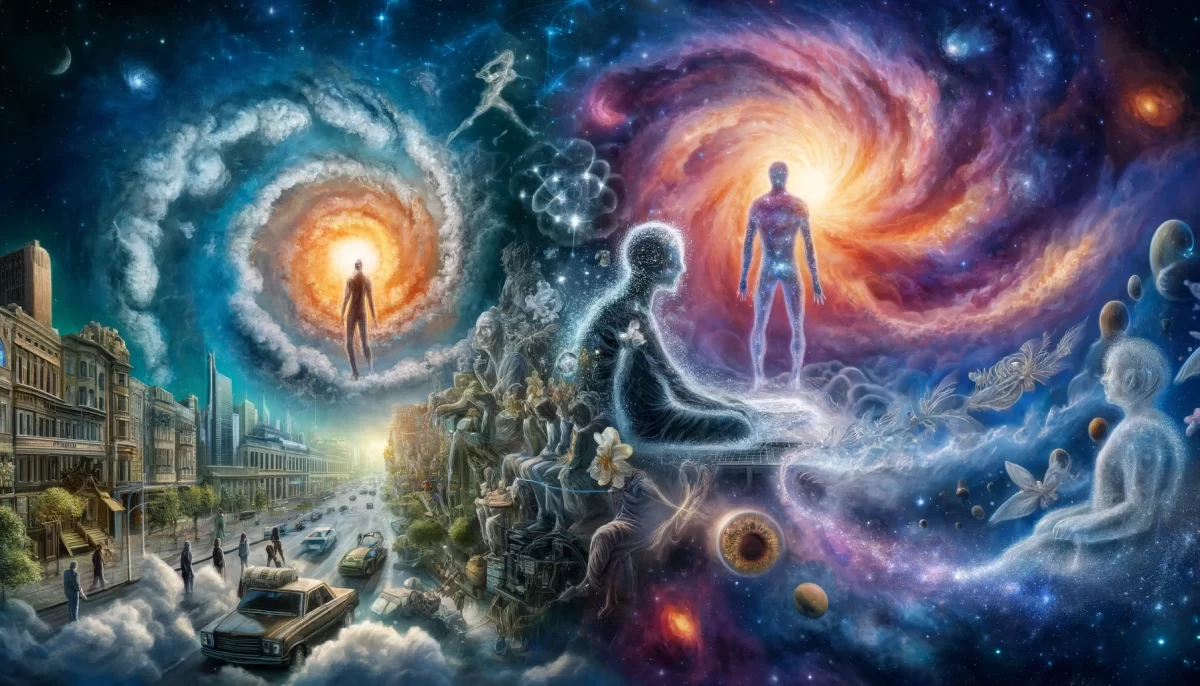

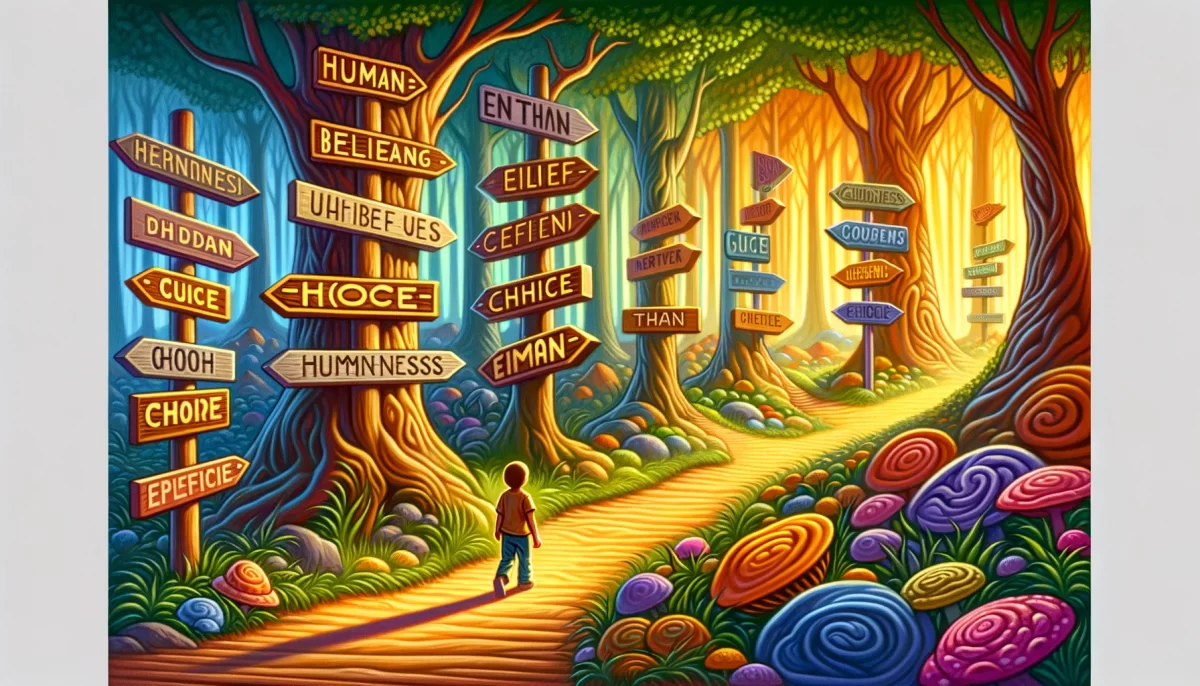
Leave a Reply